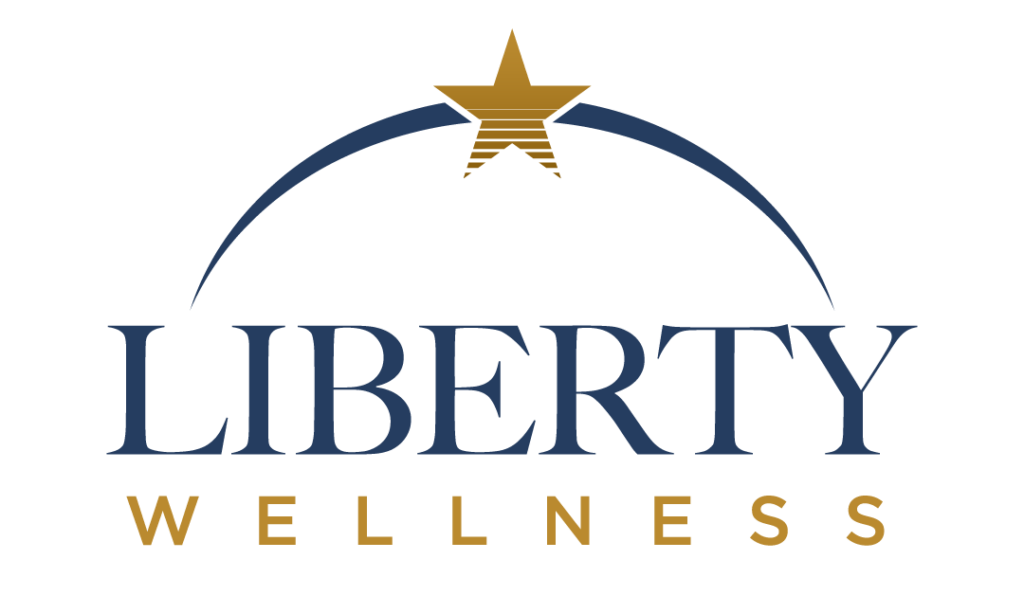The road to addiction recovery can be a daunting journey. Addiction affects every aspect of your life, from your physical health to your emotional well-being. Knowing where to start and what steps to take to regain control of your life can be challenging. One crucial element that is often overlooked in addiction recovery is self-care.
With Liberty Wellness, self-care is vital to recovery. It is a powerful part of helping clients maintain their personal growth toward sobriety goals. Our holistic program supports clients through traditional and alternative therapy methods encouraging personal development.
Learn more about how self-care is vital to recovery by speaking with an admissions coordinator at Liberty Wellness today. Liberty Wellness is a New Jersey outpatient rehab center that can help you or a loved one today.
Understanding Recovery and Its Challenges
Addiction recovery requires time, effort, and commitment. It’s not a single-fits-all process; every individual’s journey is unique. Recovery involves a range of challenges, from physical withdrawal symptoms to emotional triggers. It’s essential to have a support system in place to navigate the ups and downs.
Recovery is not just about abstaining from substance use; it’s about rebuilding your life and learning how to cope with the challenges that led to addiction in the first place. It’s about discovering new ways of living, learning, and growing. Self-care is essential to the recovery process because it helps you build resilience, cope with stress, and improve your overall well-being.
The Connection Between Self-care and Recovery
Self-care is not just a luxury; it’s a necessity, especially in addiction recovery. Addiction takes a toll on your mind, body, and soul, and self-care helps you heal and recover. In addition, practicing self-care can help you manage stress, reduce anxiety, and improve your mood. It can also help you build resilience, which is crucial in addiction recovery.
Self-care is an individual practice that involves taking care of yourself in a way that meets your needs. It’s about setting boundaries, saying no when needed, and prioritizing your well-being. Self-care can include activities such as exercise, meditation, journaling, spending time in nature, and connecting with loved ones.
Types Of Self-Care Activities
Self-care activities can be divided into different categories, including physical, emotional, mental, and spiritual self-care.
- Physical self-care involves taking care of your physical health, such as getting enough sleep, eating healthy, and exercising regularly.
- Emotional self-care involves caring for your emotional well-being, such as expressing your feelings, setting boundaries, and engaging in activities that bring you joy.
- Mental self-care involves taking care of your mental health, such as practicing mindfulness, journaling, and seeking therapy.
- Spiritual self-care involves caring for your spiritual needs, such as connecting with your faith, meditating, and practicing gratitude.
How To Create A Self-Care Plan
Creating a self-care plan is an essential step in addiction recovery. It helps identify your needs and develop a plan to meet them. A self-care plan should include activities that help you feel good.
To create a self-care plan, start by identifying your needs and priorities. Ask yourself what activities bring you joy, what helps you relax, and what makes you feel good. Then, make a list of activities that you enjoy and that align with your needs. From there, schedule time for these activities in your daily routine and prioritize them.
The Role Of Self-Care In Preventing Relapse
Relapse is a common challenge in addiction recovery. Self-care can play a crucial role in preventing relapse by helping you manage stress, improve your mood, and build resilience. When you prioritize self-care, you are less likely to use substance abuse as a coping mechanism. Self-care helps you develop healthy coping skills and a robust support system, which is essential in preventing relapse.
Self-care in recovery can also help you identify triggers and develop strategies to manage them. By caring for yourself, you become more aware of your needs and vulnerabilities. This awareness enables you to identify triggers and develop strategies to manage them.
Tips for Incorporating Self-care into Your Daily Routine
Incorporating self-care into your daily routine can be challenging, especially if you’re not used to prioritizing your needs. However, it’s essential to make self-care a daily practice to reap the benefits of improved well-being and resilience. By starting small, prioritizing it, being consistent and mindful, and staying accountable.
Make Yourself A Priority with Liberty Wellness NJ
In conclusion, self-care is a critical aspect of addiction recovery. It helps you manage stress, reduce anxiety, and improve your mood. It can also help you build resilience, prevent relapse, and improve your overall well-being. With these tips and techniques from Liberty Wellness, you can reap the benefits of a healthier and happier life in recovery. To learn more about the benefits of recovery self-care and our drug and alcohol rehab center in Berlin NJ check out Liberty Wellness, NJ, today.




